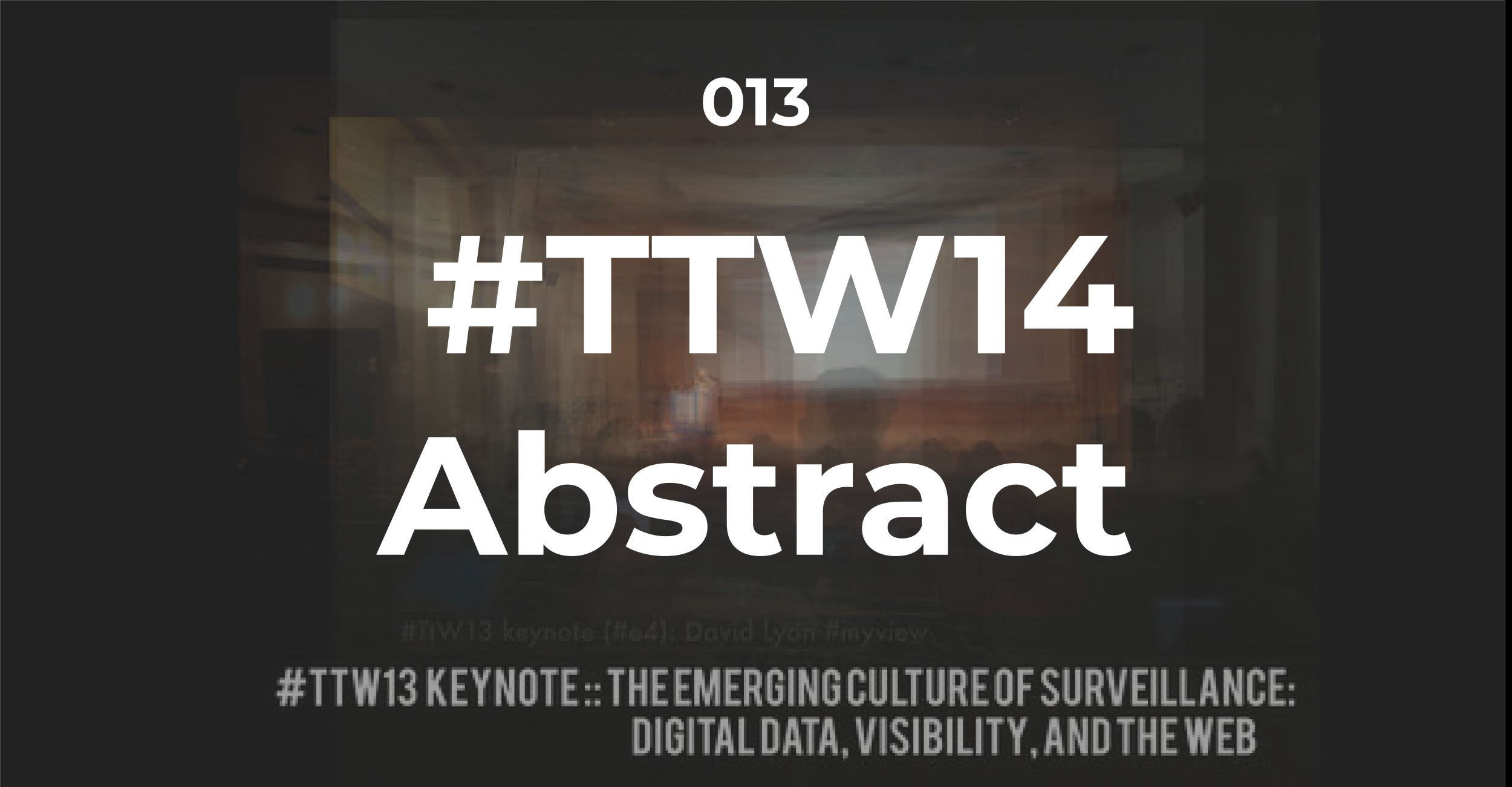PHEW. yesterday i finally submitted my extract/talk proposal on the ‘geopolitics of the stacks’ for the theorizingtheweb conference that takes place in april in new york . the piece is reproduced in full below. even if i am unsuccessful, i think the piece is a useful early 2014 ‘flag in the ground’ to orient my self around this year. as this is the direction a lot of my thinking and speaking will headed this year.
please note: im not an academic! but if you have any comments or the subject interests you please do get in touch on twitter , leave a comment on here, or mail me via the contact form on my homepage:
-0-
Colonising the Clouds.
Infrastructure Territory and The Geopolitics of The Stacks
This paper will explore the implications of multinational technology corporations morphing into the entities that Bruce Sterling has named ‘The Stacks’ – companies that are setting out to build vertically integrated feudalisms. Building on and synthesising the work of Benjamin Bratton (UCSD), Tobias Revell (RCA/ARUP/SuperFlux), Paul Graham Raven (University of Sheffield), and Vinay Gupta (UCL ISRS) this paper will seek to explore ideas of infrastructure, corporations and nation states, territory, and the importance of societal understanding of the interrelations of all three.
It is a strange future-present we live in: corporations are people; Dogecoin exists; Google – a corporation whose mission statement to ‘organize the world’s information and make it universally accessible and useful’ – recently acquired eight robotics companies and a thermostat manufacturer; and ‘The Stacks’ are emerging as digitally-dualistic geopolitical entities.
‘Institutional Memory’ is the method by which information is inherited and pass on between states, corporations and collective groups of people. Using this notion we can begin to unpack and explore the beliefs, biases, and assumptions of corporations and states towards concepts such as hierarchy, law, and – most importantly in our case – ontologies of the internet.
The concept of a separate, distinct ‘cyberspace’, the subtle shifting of corporate discourse from ‘The Cloud’ to ‘A Cloud’, and the boastful claims of the Information Security industry all point towards the web as being understood along dualist lines by the Stacks. This stands in contrast to non digital-dualist views held by government cyber commands which sees ‘cyber’ as a theater not a territory, demonstrated in their understandings of servers on sovereign territory and the legality of cyber-espionage.
The Stacks require deep strata of data to do their business, and in order to get that data the userbase must be made legible. Following James Scott’s “Seeing Like A State”, this talk will argue for the need to “see like a stack” in order for us to better understand the approaches of these entities towards data collection, knowledge creation, and territorial definition.
The conceptual shift upwards from owning and controlling spatial territory to owning and controlling ‘informational territory’ is not new. It began with closing of the US frontier in 1893 & introduction of the telegraph interoperability bill a few years after. Today however, as these infrastructural territories are created and claimed, their owners and creators are influencing our political and economic systems at every level, from the geopolitical to the micropolitical, resulting in what Bratton calls “the ‘accidental’ de-lamination of traditional Westphalian geographies of sovereignty through the realization of other topologies”
This talk will pose the questions: Where are the nexuses of political contestation in this new landscape? Has the discourse of digital dualism been overly focussed on the individual, or is it that only now are the implications of dualism at the geopolitical level being recognised? What are the implications for politics, as nation states evaporate into the clouds, and the Stacks continue to build their own private infrastructures and extend sensing/robotic platforms into the physical world?
-0-
#TTW14 is a conference run by the crew over on cyborgology blog at society pages. i think the work they are doing is exciting and extremely important in the current moment, and the conference is always great. I have watched it on live stream for the last few years, and have compiled an image of all the tweeted pictures of the keynote for the last two:


Leave a Reply